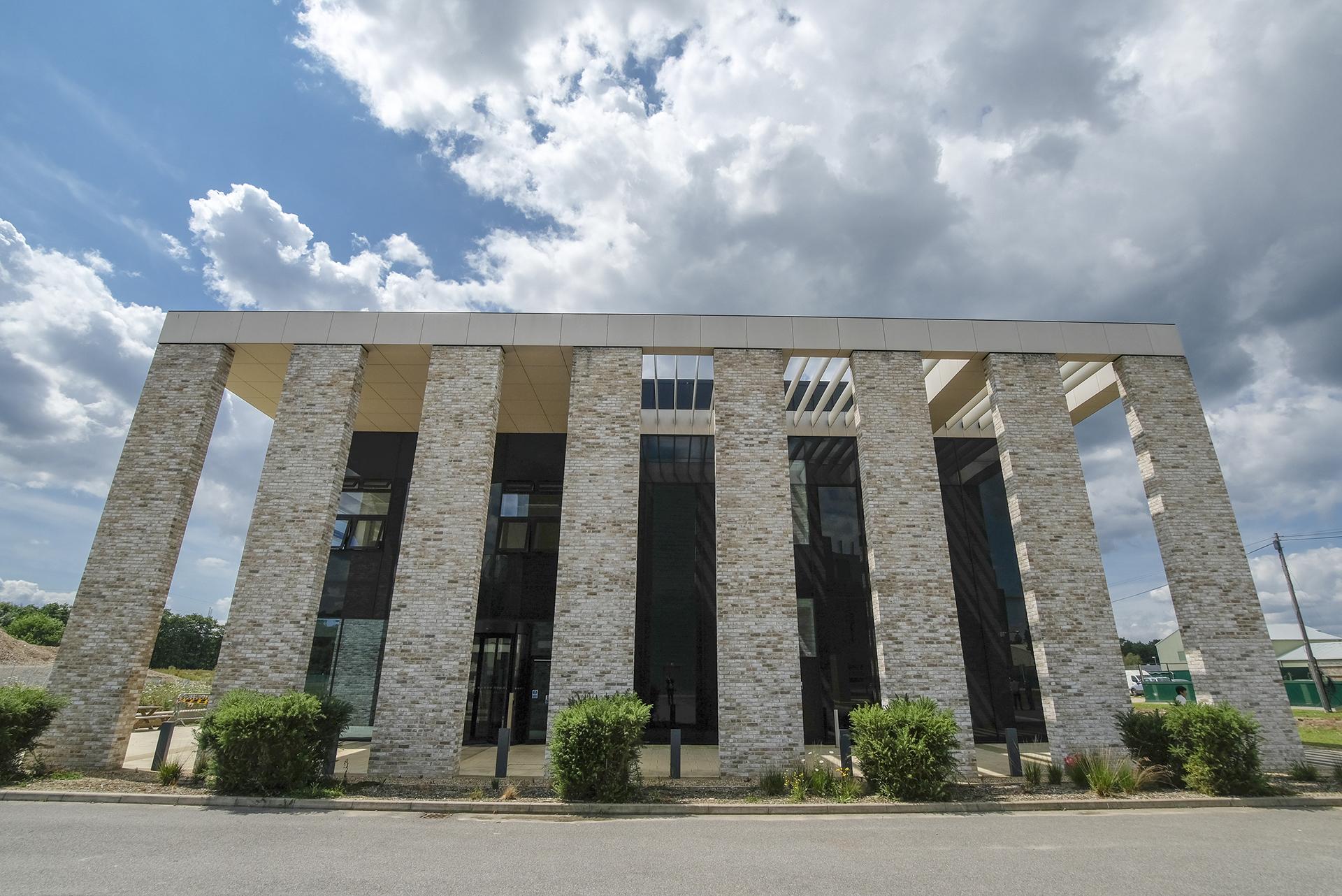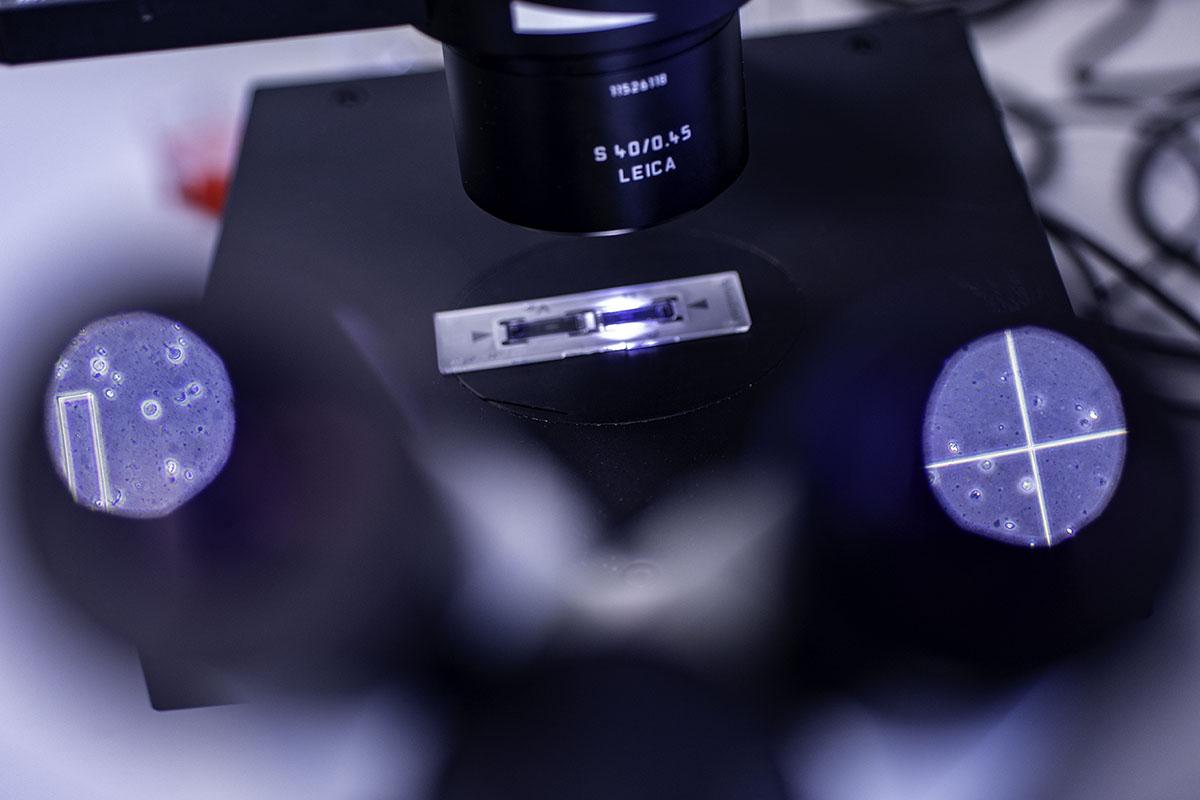
Our governance
The Pirbright Institute is governed by a Board of non-executive Trustee Directors. Research at the Institute is reviewed by an independent group of leading scientists who comprise of the Science Advisory Board and whose role it is to provide advice and guidance on science strategy and direction.

